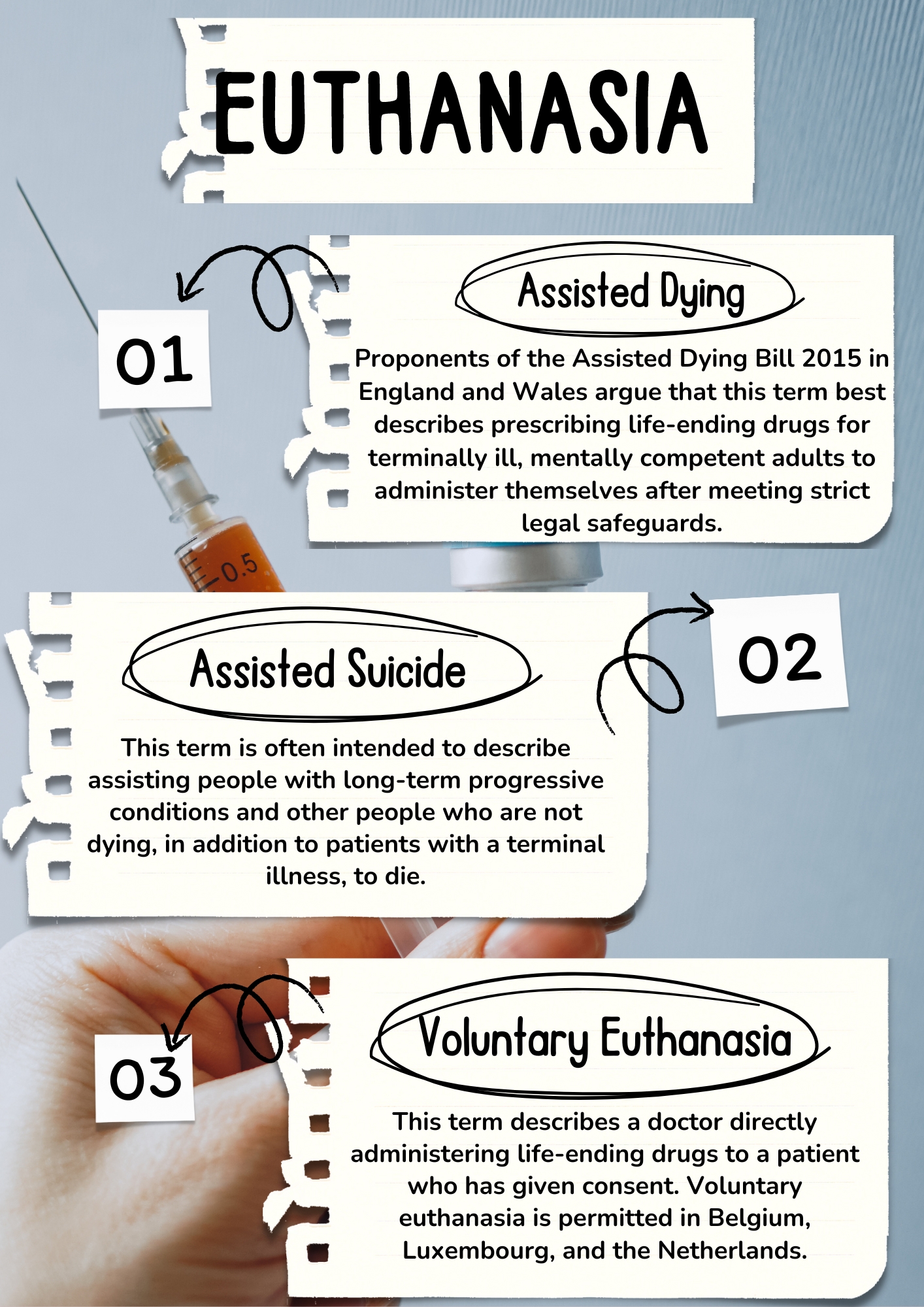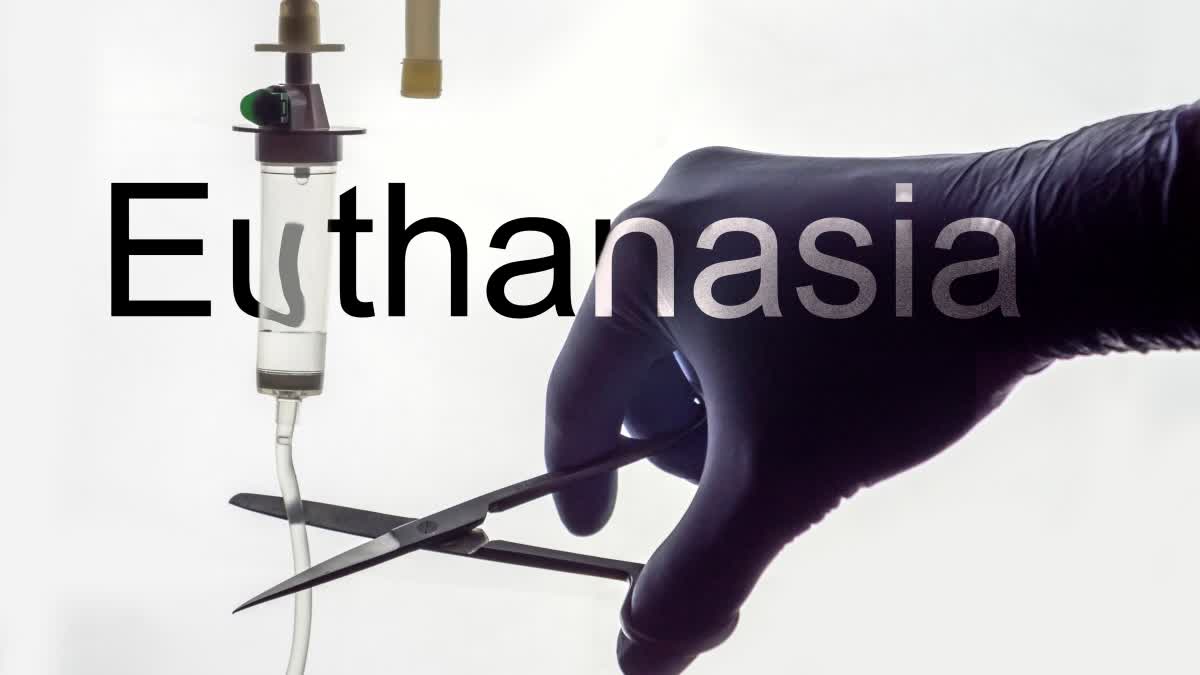Today I searched for Medically assisted death on a search engine, the first message that popped up was how 'I Should Speak to Someone'. A suicide helpline number flashed and after many links directing me for help, I got to what I wanted.
The algorithms thought I was thinking to the extreme and offered help. While for Artificial Intelligence Medically Assisted Death is still suicide, whether that is the case, the debate has been on for decades in the real world too.
The only difference was I was trying to find out what prompted a healthy 28-year-old from a village in the Netherlands to opt for one. In one of the rarest cases, the girl has opted for euthanasia even though she was physically well. The reason is her debilitating mental condition. The girl has a boyfriend, two cats, and a life that seems full. She will be put to sleep in May assisted by physicians.
Only last month the country allowed former Dutch Prime Minister Dries van Agt, to die by euthanasia, hand in hand with his wife Eugenie. They were both 93 and terminally ill. While the PM's case might not be rare, the Netherlands is one of a few countries in the world that has legalized euthanasia for mental illness.

Besides the Netherlands the only other country is Switzerland and soon Canada which has been delaying the final regulation for some time. Only a minority of U.S. states, such as Maine and Oregon, allow any kind of MAID, though many others have debated it – and none allow it for mental illness.
Closer home, the Supreme Court of India, in its landmark ruling in 2018, made passive euthanasia legal for terminally ill patients, allowing them to decline life support measures, and letting the families of patients in an incurable coma withdraw such measures. However mental illness is not considered a reason for the same in India.
A few years ago a Bengaluru-based woman filed a petition before the Delhi High Court appealing the court to stop her friend, a 48-year-old man based in Noida, from travelling to Switzerland allegedly to undergo physician-assisted suicide, also known as euthanasia. The man had been suffering from Chronic Fatigue Syndrome since 2014 (known internationally as Myalgic Encephalomyelitis). It is a disease characterized by post-exertional malaise, brain fog, headaches, sleep disturbance, dyspnea, and chest pain. This cause doesn't qualify for MAID.
There are many strongly held views on both sides of the debate on physician-assisted dying and a huge range of materials and literature has been published on the topic. For Euthanasia, the process is a way to give a dignified end to people suffering from terminal illnesses. They argue that even after specialist palliative care, some dying people will still experience severe and unbearable physical and emotional stress.
Those who oppose euthanasia say it 'violates the sanctity of life itself'. They also oppose it because of society's attitude towards the elderly, seriously ill, and disabled. Worried about the safeguards that can allow misuse of the law.
The worries multiply when it comes to allowing mental illness as a sole condition for MAID. Those opposing it say this might endanger the most vulnerable. Those people who cannot access mental health facilities, those who can find relief if they reach the right people. The poor and other socially underprivileged.
Healthcare experts believe there arises a risk of “seeking MAID not to avoid a painful death but to avoid a painful life”. The question again arises, euthanasia might be a boon in some cases but might just become aided and assisted suicide in others.
There has to be a clear line which makes a distinction. While the 28-year-old from the Netherlands is certainly a master of her own life, the question remains whether she deserves to die.



